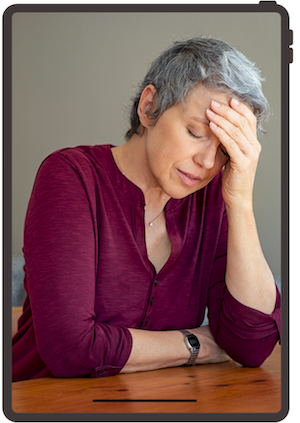Join the Waiting List and get 6 months for free when the app is released!

You have the house, car, wife, husband, family, job, money, career and children

You're burnt out, your physical, mental and emotional health is decreasing, and your intimate relationships are suffering

You are ready to heal Codependency

You understand that it can only be built on the foundation of True Independence
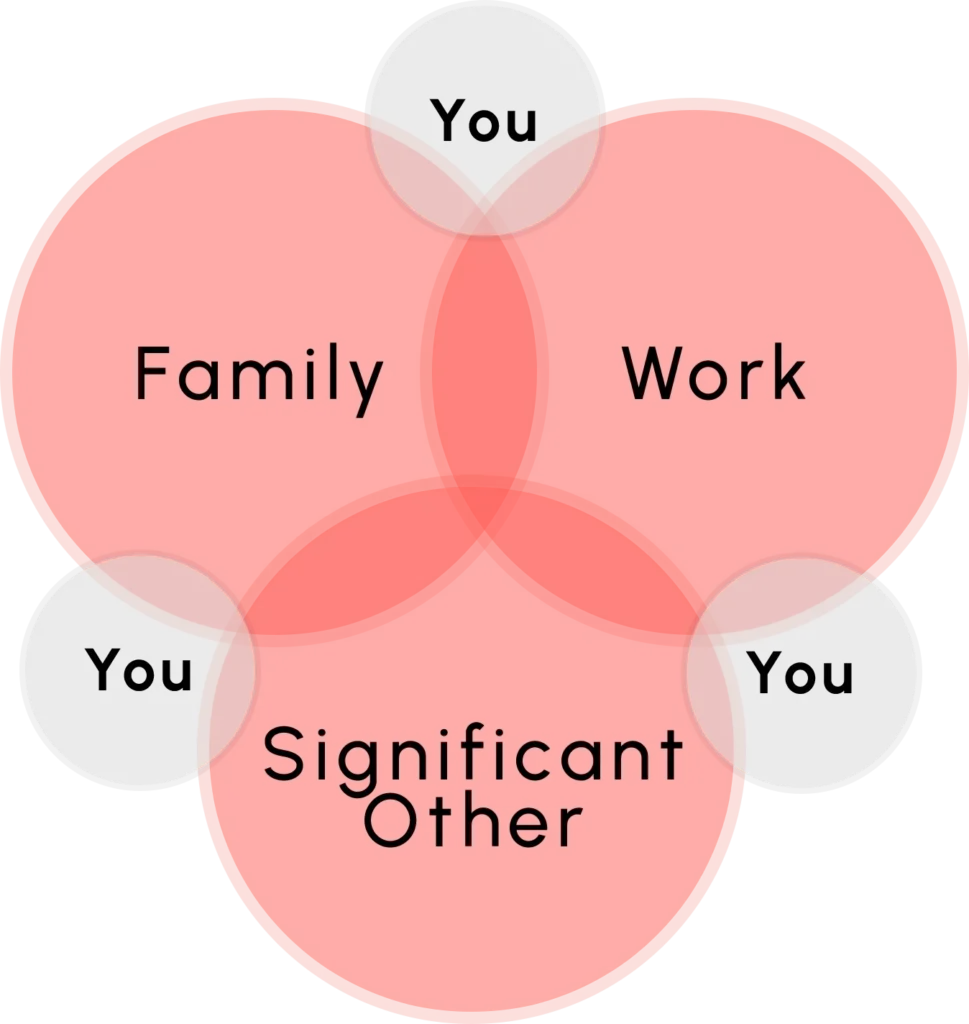
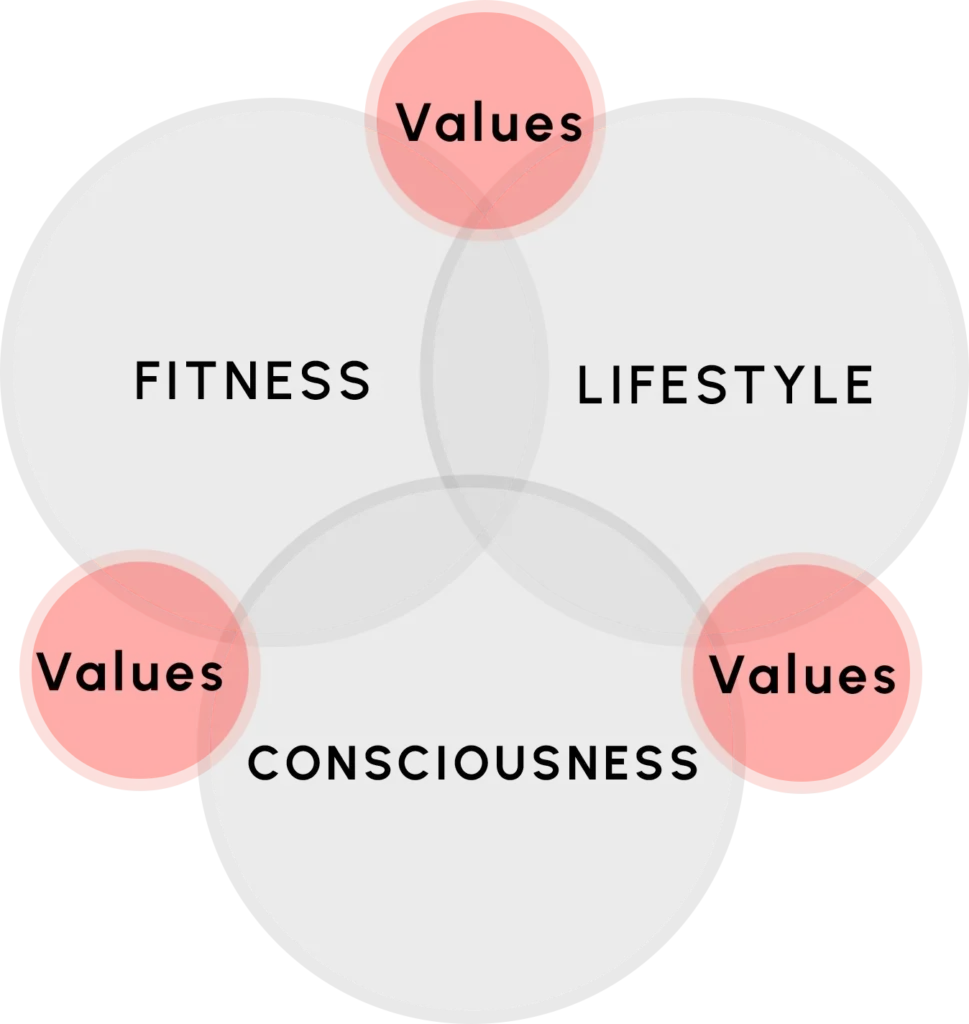



A programmer writes a program in human language

The program is converted to machine language using a Compiler

Now the program can activate the computer's hardware



We teach you how to align your beliefs with timeless principles
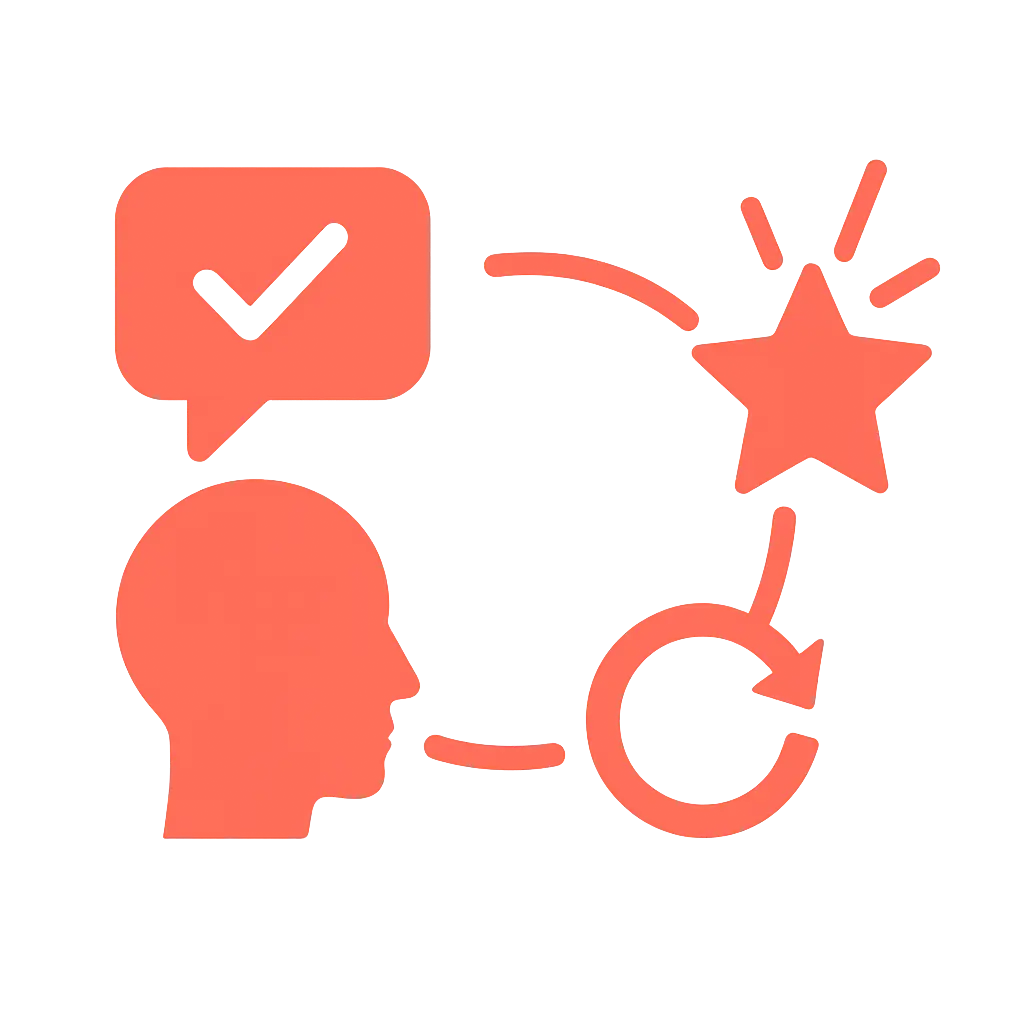
We turn those beliefs into new meaning—through experience, feedback, and play

We upgrade your habits—so your life runs on trust, truth, and transformation
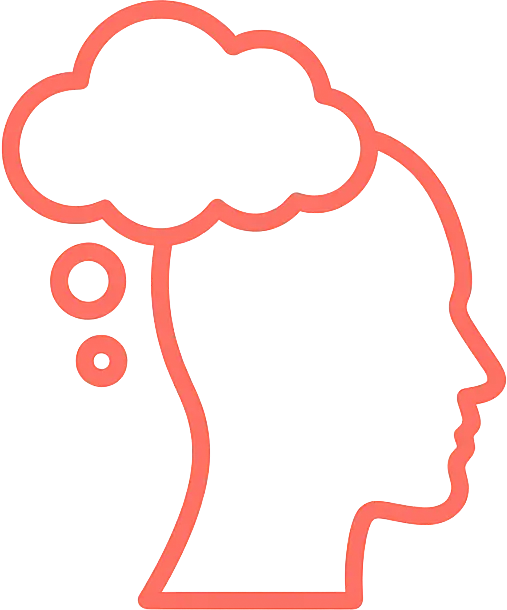





This is the only thing I’ve ever done that created lasting change across every area of my life. I had a million reasons not to do this now, and knew that I had to. Sometimes you just have to say, “It’s my time, I’m not going to compromise today.”

I’m in total awe of how much healing has happened in the year and a half I’ve participated. The peace I have now, I honestly had never experienced in my life before this. Everything I invested was returned, even in ways I never expected.

This game is so powerful because it’s holistic, it transforms your whole life. In order to trust others, I had to learn how to trust myself, and that changed everything. I had four ambitious goals when I started and I’ve already accomplished all of them. I finally have the clarity to just be myself, and that’s the real win.

When I discovered the YourDay Balance Game I found that it really hit on every domain of life. I came to a crossroads at 40. I had achieved financial success, I had three healthy children, I had seemingly all the things. and I had an identity crisis “Who am I? What do I value? What is important? What matters to me?”

I realized how codependent I was on my spouse, my children and my friends, and through the YourDay Coaching program I learned how to set goals and standards for myself, and how to hold those standards, and if they don’t like it that’s on them!

My biggest breakthrough has been loving myself. I didn’t realize how much judgement I had about myself and how that self judgement was effecting basically everything in my life. One of the biggest steps I made through the coaching program is to see that I was creating the ceiling for myself with my own disempowering beliefs.

This is the only thing I’ve ever done that created lasting change across every area of my life. I had a million reasons not to do this now, and knew that I had to. Sometimes you just have to say, “It’s my time, I’m not going to compromise today.”

I’m in total awe of how much healing has happened in the year and a half I’ve participated. The peace I have now, I honestly had never experienced in my life before this. Everything I invested was returned, even in ways I never expected.

This game is so powerful because it’s holistic, it transforms your whole life. In order to trust others, I had to learn how to trust myself, and that changed everything. I had four ambitious goals when I started and I’ve already accomplished all of them. I finally have the clarity to just be myself, and that’s the real win.

When I discovered the YourDay Balance Game I found that it really hit on every domain of life. I came to a crossroads at 40. I had achieved financial success, I had three healthy children, I had seemingly all the things. and I had an identity crisis “Who am I? What do I value? What is important? What matters to me?”

I realized how codependent I was on my spouse, my children and my friends, and through the YourDay Coaching program I learned how to set goals and standards for myself, and how to hold those standards, and if they don’t like it that’s on them!

My biggest breakthrough has been loving myself. I didn’t realize how much judgement I had about myself and how that self judgement was effecting basically everything in my life. One of the biggest steps I made through the coaching program is to see that I was creating the ceiling for myself with my own disempowering beliefs.

Be the first to know
Being present with the emotions that you and others are feeling.
Using principles to deeply comprehend the emotional truths of yourself and others.
An expression of warmth, love, and intimacy towards yourself and others through various actions and words.
The ability to count on a person, place, or thing to be there for you, deliver as expected, or come through when needed.
The process of associating numbers to physical qualities and behaviors.
Insightful information that allows you to correct a current situation to improve the outcome.
When the majority of your self-worth and personal power come from aligning your values with universal principles.
The state of being complete—with all parts working in harmony.
The way you view and understand everything— including the world, situations, relationships, and even yourself.
When the majority of your self-worth and personal power come from aligning your values with universal principles .
The state of being complete—with all parts working in harmony.
The way you view and understand everything— including the world, situations, relationships, and even yourself.
